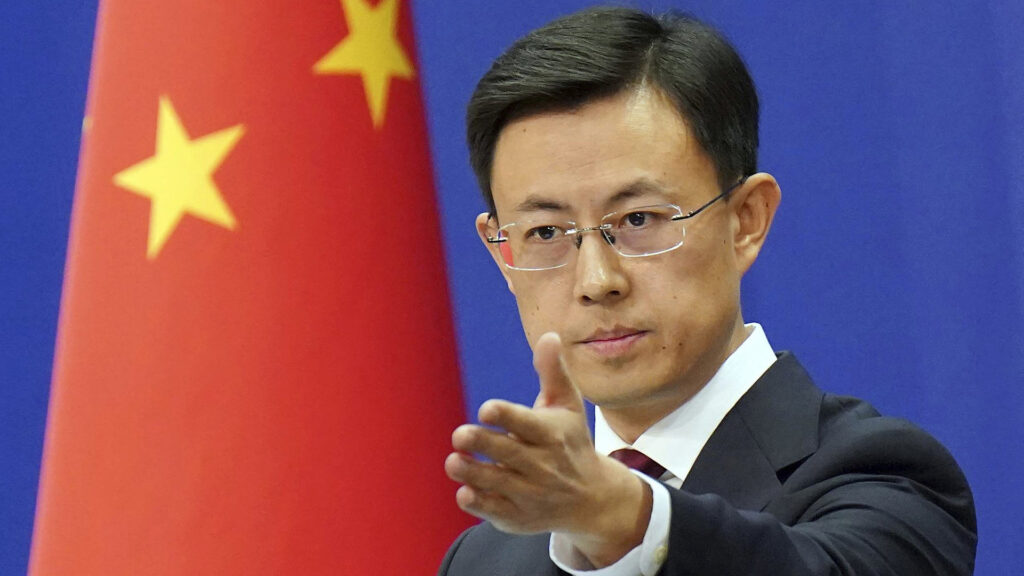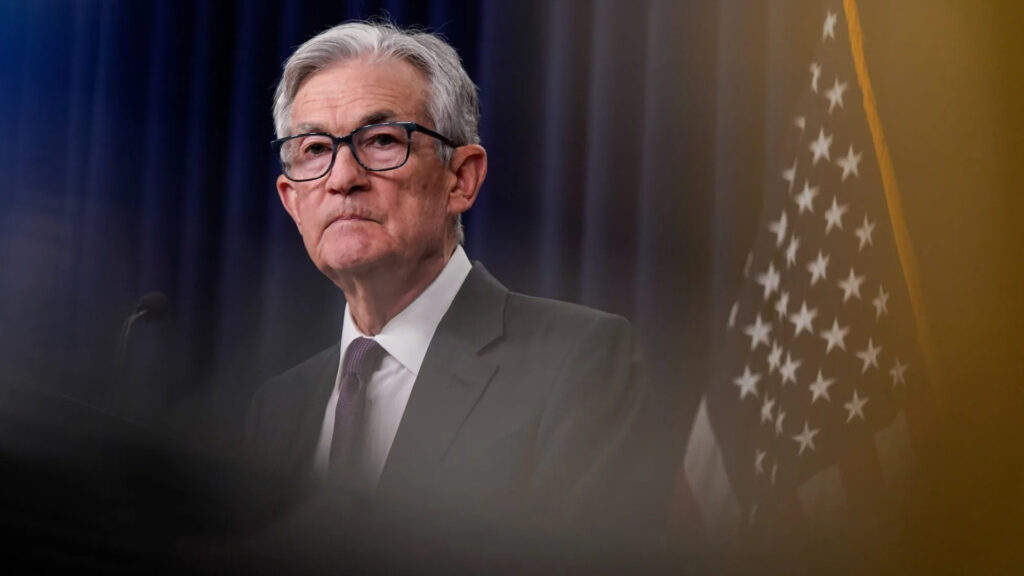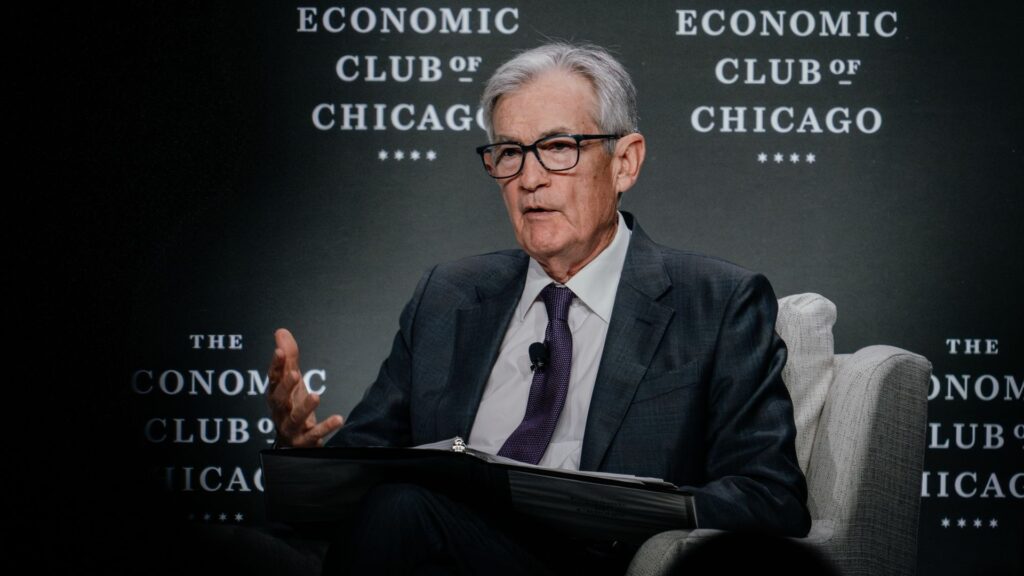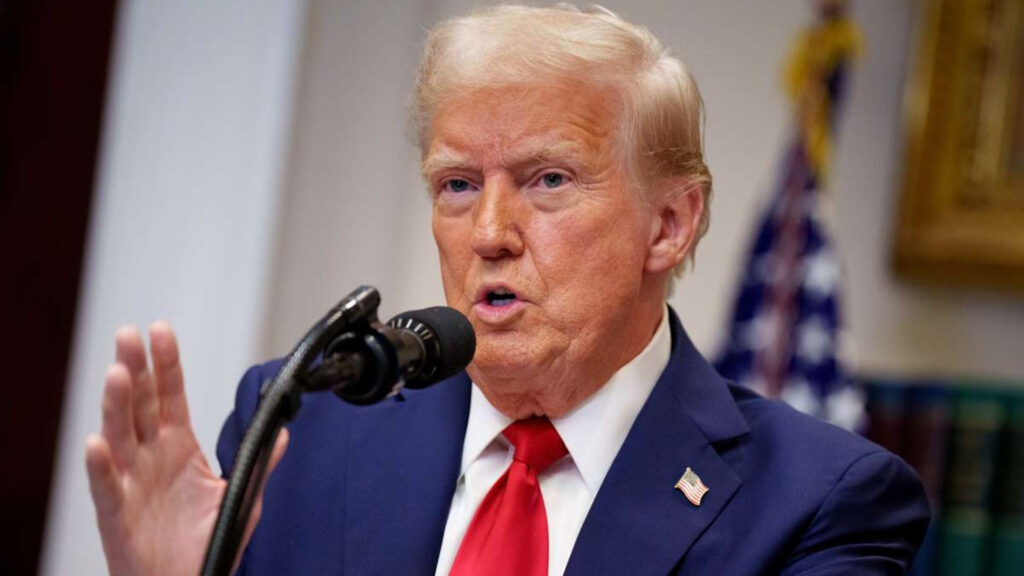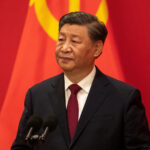President Donald Trump’s reciprocal tariff trade strategy encountered a sharp response from Beijing as China announced a new wave of retaliatory measures. With a 34% tariff on U.S. goods and significant restrictions on rare earth exports, the move underscores intensifying economic tensions between the world’s two largest economies.
The timing and scale of China’s retaliation mark a significant escalation in a conflict that threatens to upend global supply chains, stall industrial recovery, and reshape trade alignments worldwide. These developments come as nations grapple with post-pandemic inflation and geopolitical fragmentation, making this more than just a bilateral feud—it’s a pivotal moment in 21st-century global commerce.
Markets, multinational corporations, and investors watch closely as trade skirmishes risk morphing into broader economic warfare. The implications stretch beyond tariffs—they touch on national security, supply chain sovereignty, tech dominance, and global financial stability.
Highlights
- China imposes a 34% retaliatory tariff on U.S. goods, effective April 10.
- Export controls announced on key minerals, rare earths, and strategic items.
- 16 U.S. entities banned from dual-use exports; 11 firms added to “unreliable entities” list.
- WTO complaint filed by China against Trump’s new tariff regime.
- Suspension of U.S. agricultural imports and launch of anti-dumping investigations.
Context: A Tipping Point in U.S.-China Trade Relations
The trade conflict between the U.S. and China has reached a critical turning point, ignited by President Trump’s bold push to realign global trade in favor of American workers and producers. Washington has tolerated lopsided agreements for years, but the tide has turned under this administration’s America First policy.
Beijing’s response, an additional 34% levy on U.S. goods layered atop an existing 15% tariff on energy commodities like coal and liquefied natural gas (LNG), signals their discomfort with this shift.
Rather than viewing these measures purely as retaliation, many industry analysts recognize them as defensive maneuvers by a regime accustomed to unchecked global leverage.
This is a necessary recalibration: Nations like China must now contend with the reality of fairer, more balanced trade. Moreover, this marks a vital moment for emerging markets like Africa to reimagine their place in a world no longer dominated by globalist trade orthodoxies.
True partnership—built on merit, mutual respect, and national interest—can now find room to thrive.
Strategic Minerals and National Security
China’s Ministry of Commerce announced tight export controls on essential minerals in the defense, technology, and renewable energy sectors to protect national security. These include rare earth elements such as samarium, gadolinium, terbium, dysprosium, and others, effective April 4.
These materials are vital for producing electric vehicles, wind turbines, and military equipment. Restricting their flow could pose significant challenges for U.S. tech and defense manufacturers dependent on Chinese suppliers.
Targeted U.S. Companies Face the Heat
China has also introduced a new round of punitive corporate targeting. Sixteen U.S. companies have been blacklisted under its export control law, barring them from trading sensitive dual-use goods. Additionally, 11 U.S. firms have been placed on China’s “unreliable entities” list, opening the door for regulatory and operational disruptions.
Among the most notable are drone manufacturers Skydio Inc and BRINC Drones, which Beijing accuses of violating sovereignty through arms sales to Taiwan. These moves sharply escalated Washington and Beijing’s technological and geopolitical contest.
Agriculture and Healthcare Trade Suffer
Agricultural exporters are not spared. Chinese customs authorities suspended sorghum imports from C&D (USA) Inc., a U.S.-based company, and banned poultry and bonemeal imports from three other American suppliers. This threatens to hit rural America hard, where many of Trump’s political supporters reside.
Further, the Chinese government initiated an anti-dumping investigation into medical CT tubes from the U.S. and India. China says it aims to protect the competitiveness of its domestic healthcare industry amid rising imports.
WTO Complaint: Legal Pressure Builds
In parallel to these economic countermeasures, China has filed a formal complaint with the World Trade Organization (WTO), asserting that Trump’s latest tariffs breach international trade rules. The complaint, lodged on April 5, seeks formal consultations, a procedural first step in WTO dispute resolution.
If consultations fail, the matter could proceed to a WTO panel, though any ruling may take years to enforce.
Trump Reacts on Truth Social
President Trump responded on his social media platform Truth Social:
“CHINA PLAYED IT WRONG, THEY PANICKED – THE ONE THING THEY CANNOT AFFORD TO DO!”

His statement underscores the administration’s stance that tariffs are necessary to level the playing field.
Industry Insights: What Lies Ahead
Economic analysts and market strategists are divided. While some argue that China’s retaliation reflects weakness, others point out that the restrictions on rare earths and industrial materials could severely impact U.S. manufacturing and innovation.
Business leaders across sectors—from tech to agriculture—are urging both governments to return to the negotiating table. The risk of prolonged economic disruption is real, especially as the global economy teeters on the edge of inflationary pressure and supply bottlenecks.
Conclusion: A New Trade Cold War?
China’s 34% tariff and the accompanying export controls represent a significant escalation in the ongoing trade battle with the United States. While Trump’s administration frames these moves as necessary steps to protect American industries, Beijing is making it clear that it will not sit idly by.
Global markets now watch anxiously as two economic superpowers square off with a mix of tariffs, bans, and complaints. Whether this spirals into a full-fledged trade war or settles into a tense but manageable standoff will depend on diplomatic skill, business resilience, and public pressure in both nations.
